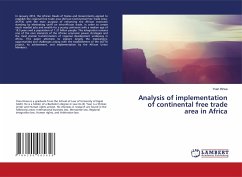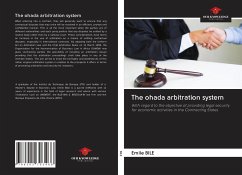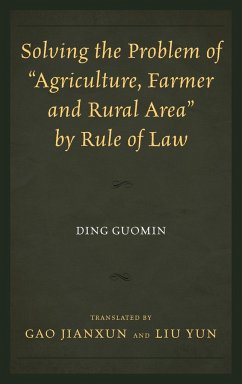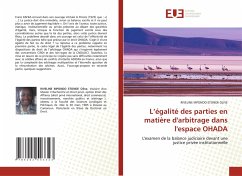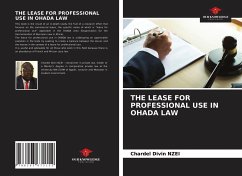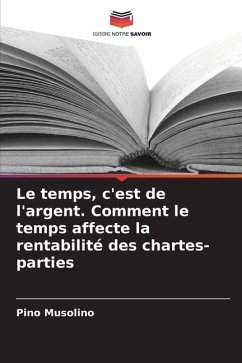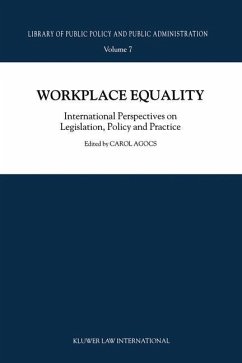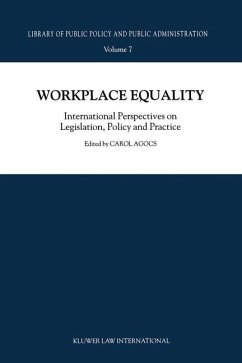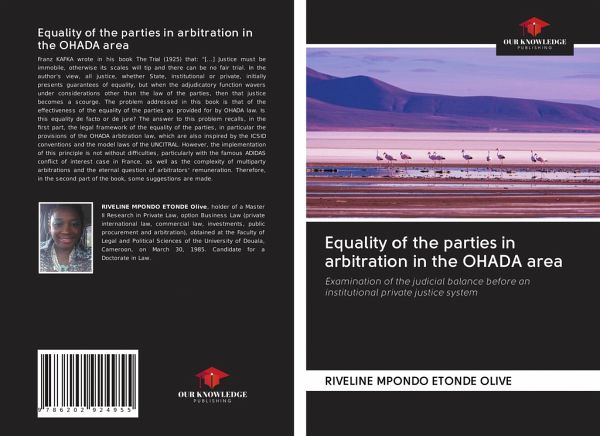
Equality of the parties in arbitration in the OHADA area
Examination of the judicial balance before an institutional private justice system
Versandkostenfrei!
Versandfertig in 1-2 Wochen
25,99 €
inkl. MwSt.

PAYBACK Punkte
13 °P sammeln!
Franz KAFKA wrote in his book The Trial (1925) that: "[...] Justice must be immobile, otherwise its scales will tip and there can be no fair trial. In the author's view, all justice, whether State, institutional or private, initially presents guarantees of equality, but when the adjudicatory function wavers under considerations other than the law of the parties, then that justice becomes a scourge. The problem addressed in this book is that of the effectiveness of the equality of the parties as provided for by OHADA law. Is this equality de facto or de jure? The answer to this problem recalls,...
Franz KAFKA wrote in his book The Trial (1925) that: "[...] Justice must be immobile, otherwise its scales will tip and there can be no fair trial. In the author's view, all justice, whether State, institutional or private, initially presents guarantees of equality, but when the adjudicatory function wavers under considerations other than the law of the parties, then that justice becomes a scourge. The problem addressed in this book is that of the effectiveness of the equality of the parties as provided for by OHADA law. Is this equality de facto or de jure? The answer to this problem recalls, in the first part, the legal framework of the equality of the parties, in particular the provisions of the OHADA arbitration law, which are also inspired by the ICSID conventions and the model laws of the UNCITRAL. However, the implementation of this principle is not without difficulties, particularly with the famous ADIDAS conflict of interest case in France, as well as the complexity of multiparty arbitrations and the eternal question of arbitrators' remuneration. Therefore, in the second part of the book, some suggestions are made.




